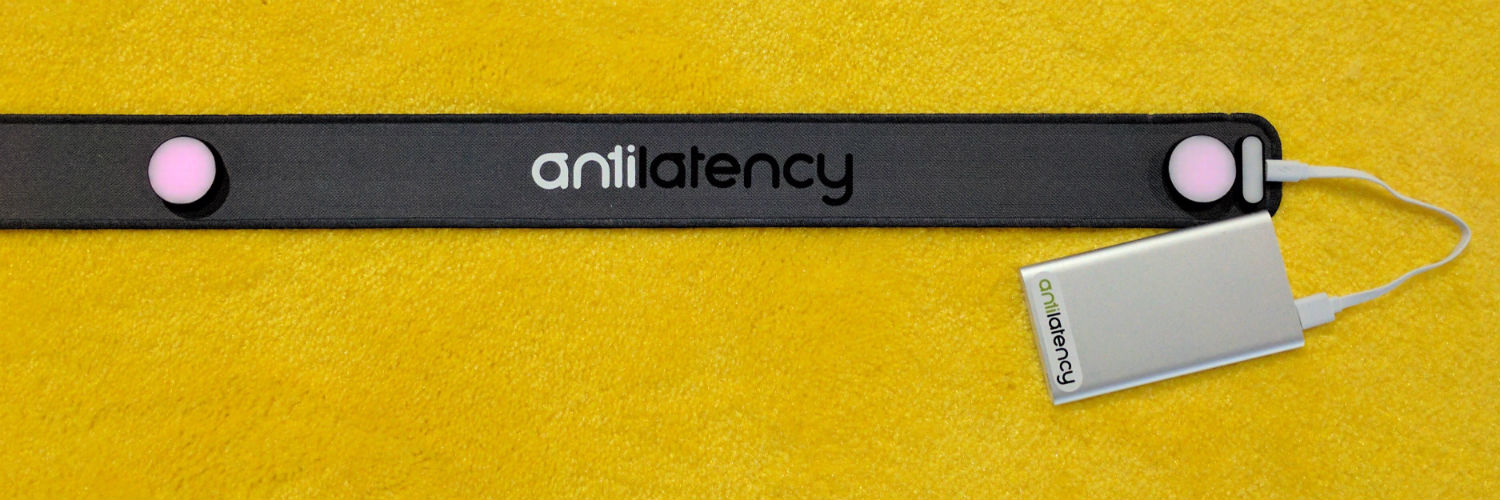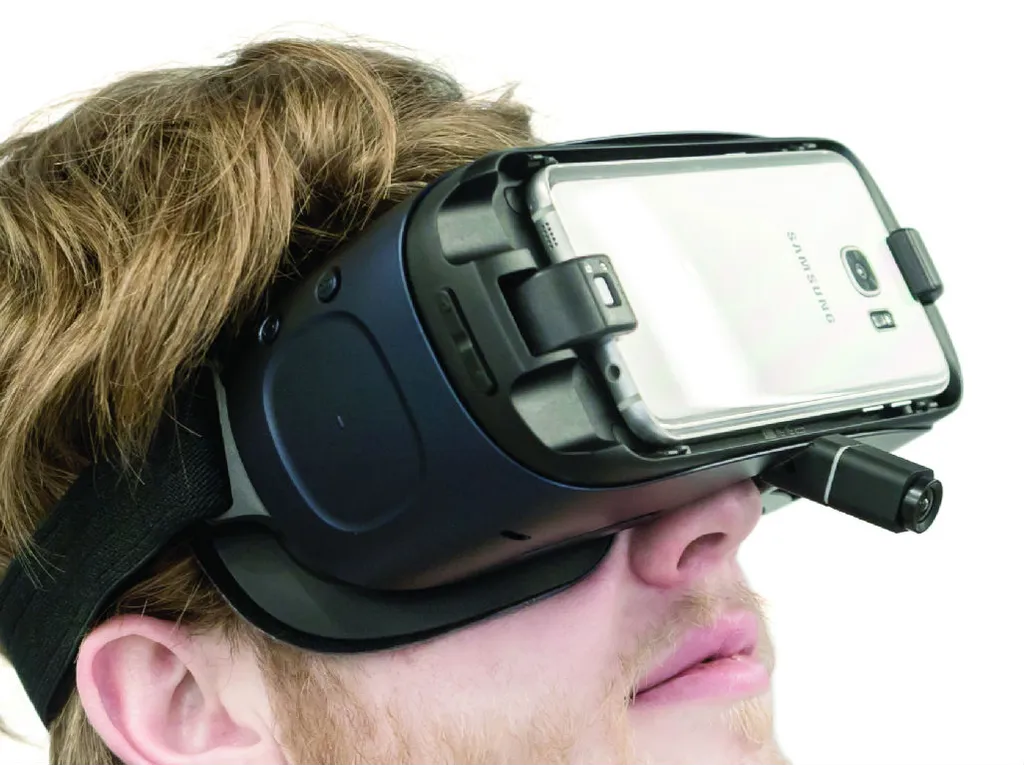Startup Antilatency, which raised $2.1 million earlier this year for its positional tracking technology, received an additional $1 million from the Russia-based Skolkovo Foundation.
The money will be used to further improve and develop Antilatency’s positional tracking technology which could be useful for location-based VR setups. The system uses a camera and low-profile strips with infrared lights on them to add full freedom of movement to existing mobile VR headsets. We’ve tested it with Gear VR multiple times and found it pretty capable.

Google and Lenovo are readying to release a standalone VR headset based on Google’s WorldSense tracking technology while standalone VR headsets with full motion hand controllers like Facebook’s high-end Santa Cruz are at least a year away. This means Antilatency is facing significant pressure from the giants of the industry which aim to provide wireless full freedom of movement headsets. The Antilatency solution, however, works with existing VR headsets and could make it relatively easy and convenient for locations to install low-cost VR attractions.
The Skolkov Foundation is a non-profit in Russia meant to help diversify the Russian economy.




























